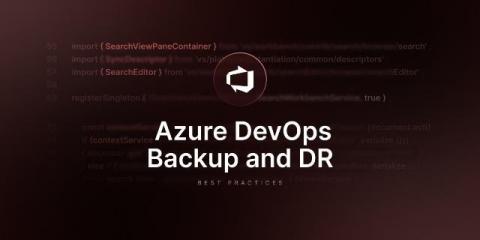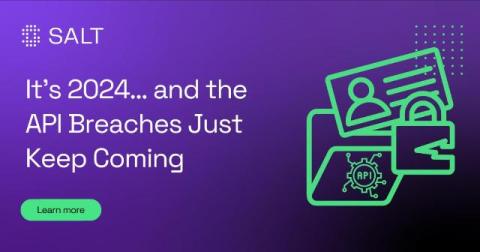Best Penetration Testing Tools for Enterprises
Penetration testing tools are necessary for enterprises that want to protect their applications from real-world cyber attacks. These tools identify vulnerabilities that could lead to breaches, like the 2017 Equifax data breach. These specialized tools help identify gaps in software security posture by simulating real-world attacks that vulnerability assessments may not fully expose.











